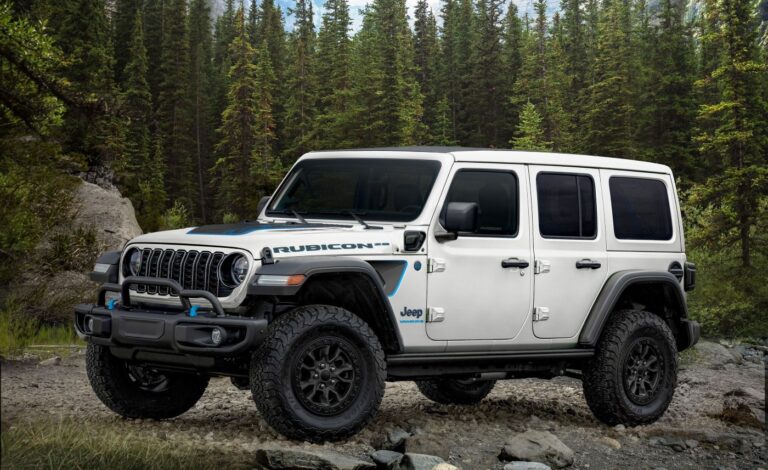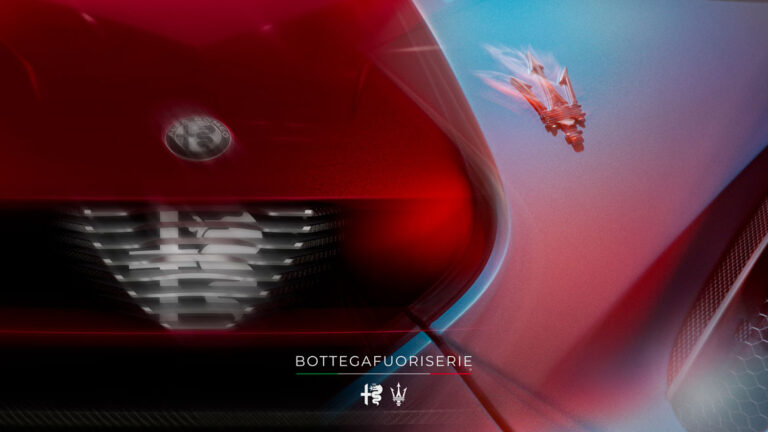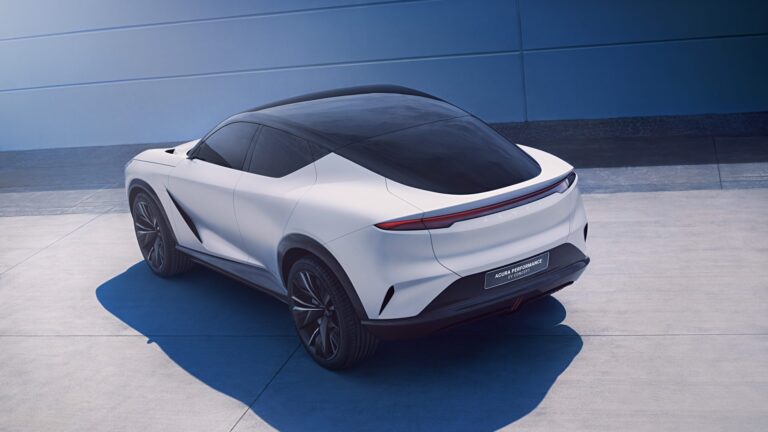BMW’s premier luxury sedan is known for pushing boundaries, but the 2025 BMW 7 Series remains largely unchanged from the previous model year. Once you move past the prominent grille, you’ll find the expected array of high-end features available both as standard and optional equipment. The most notable—and really the only—update is that the Panoramic Sky Lounge LED Roof now comes standard on the 740i and hybrid 750e xDrive models. Aside from that, the 2025 BMW 7 Series retains its familiar, albeit polarizing, presence.
Engine, Transmission, and Performance
Every 2025 BMW 7 Series sedan features either a six- or eight-cylinder turbocharged engine, paired with an eight-speed automatic transmission from ZF, complete with paddle shifters. On the entry-level end—though calling a six-figure sedan “entry-level” feels like a stretch—you’ll find the 740i and 740i xDrive, both equipped with BMW’s B58 inline-six engine, producing 375 horsepower. For those seeking electrification, the plug-in hybrid 750e combines an electric motor with the combustion engine for a total output of 483 horsepower.
At the top of the gasoline-powered lineup sits the 760i xDrive, the quickest of the bunch, capable of accelerating from 0 to 60 mph in an estimated 4.1 seconds. It effectively serves as a pseudo-“M7,” thanks to the presence of a BMW M division engine under the hood—the S68. This 4.4-liter twin-turbocharged V8 delivers an impressive 536 horsepower and 553 pound-feet of torque.

2025 BMW 7 Series V8 Engine
The hybrid 750e xDrive is expected to achieve the best overall fuel efficiency under ideal conditions, though official EPA ratings are still pending. BMW estimates a fuel economy of 65 MPGe, with an all-electric driving range of approximately 35 miles—ideal for those with shorter commutes. However, if electrification suits your lifestyle, opting for the all-electric 2025 BMW i7 may be the better move.
Among the mild hybrids—all of which utilize a 48-volt system—the 740i is the most fuel-efficient. The rear-wheel-drive variant is rated at 25 mpg in the city and 31 mpg on the highway, with a combined rating of 28 mpg. The xDrive version sacrifices one mile per gallon in city driving but retains the same highway efficiency.
Interior and Cargo Space
Measuring several inches longer than its chief rivals, the Audi A8 and Mercedes-Benz S-Class, the 2025 BMW 7 Series would seem to promise superior interior space. However, the extra length doesn’t significantly impact cabin dimensions—both competitors offer comparable or even better headroom and legroom for front and rear passengers. The real advantage emerges when examining cargo capacity, where the 7 Series leads with an expansive 19 cubic feet of trunk space, compared to the roughly 12.5 cubic feet found in its competitors.

One of the main reasons buyers gravitate toward the 7 Series—beyond its impressive technology and performance—is its commitment to luxury. The cabin envelops passengers in premium materials, though standard upholstery is BMW’s Veganza synthetic leather rather than genuine leather. Still, even without extensive customization, the 7 Series offers a first-class experience. If long-distance drives are in your future, upgrading to massaging seats ($1,000) and ventilated seats ($500) is a worthwhile consideration.
2025 BMW 7 Series Pricing
Pricing for the 2025 BMW 7 Series starts at $97,300, though adding the xDrive all-wheel-drive system pushes it past the $100K mark. Within the full-size luxury sedan segment, the 7 Series remains competitively priced—it undercuts the Mercedes-Benz S-Class by around $20,000, though it’s about $10,000 more expensive than the Genesis G90.
For those eyeing the V8-powered 760i xDrive, pricing starts at $122,400. Meanwhile, the plug-in hybrid 750e xDrive serves as a middle ground between the two, with a starting price of $108,000. No matter the configuration, the 2025 BMW 7 Series remains a compelling choice—provided you can embrace its bold design.



